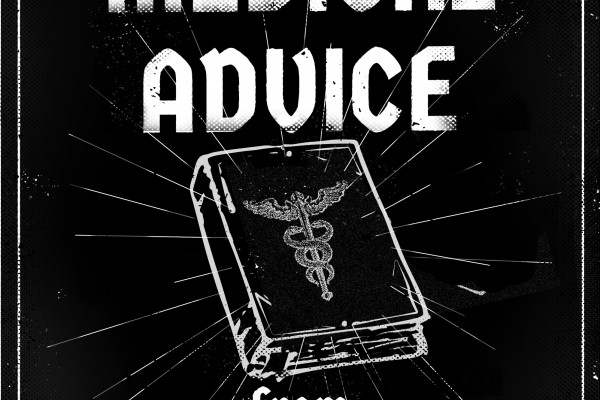Young men and women embarking on their education must study, but excessive bookishness will lead to a fever of the brain that will incapacitate the nerves and leave the young person unable to participate in society. Watch for symptoms of brain-fever in your companions in your homestays and in lecture theatres.
The disease is often occasioned by night-watching, especially when joined with hard study. It may likewise proceed from hard-drinking, anger, grief, or anxiety. It is often occasioned by the bleeding piles in men, the customary discharges in women, etc.
The symptoms which usually precede brain-fever are pain in the head, redness of the eyes, a violent flushing of the face, disturbed sleep or a total want of it, a great dryness of the skin, costiveness, a retention of the urine, a small dropping of blood from the nose, singing in the ears and extreme sensibility of the nervous system. The pulse, indeed, is often weak, irregular, and trembling, but sometimes it is hard and contracted. A remarkable quickness of hearing is a common symptom of the disease, as is a great throbbing or pulsation of the arteries in the neck and temples. Others include a constant trembling and startling of the tendons, a suppression of urine, a total want of sleep, a constant spitting, a grinding of the teeth, free perspiration, a copious discharge of blood from the nose, and a plentiful discharge of urine which lets fall a copious sediment. Sometimes the disease is carried off by a looseness, and in women, by an excessive flow of the menses.
In the early stages of this disease, the diet should be light; nothing more than gruel, rice, and at most toast, cracker, and milk-and-water. If convulsions occur during the early stage, showering the head with a small stream of cold water, not continued too long, holding the head over a tub, and putting the lower extremities into warm water, will often relieve the symptoms.
The room must be cool, free from noise, and kept dark. Callers and visitors, no matter how kind their intentions and desires may be, must positively be kept out of the sick room. Their presence always makes the disease worse.
This information was taken from Vitalogy, a real medical book published in 1923. This column is for entertainment only and should not be taken as advice by anyone, ever.



